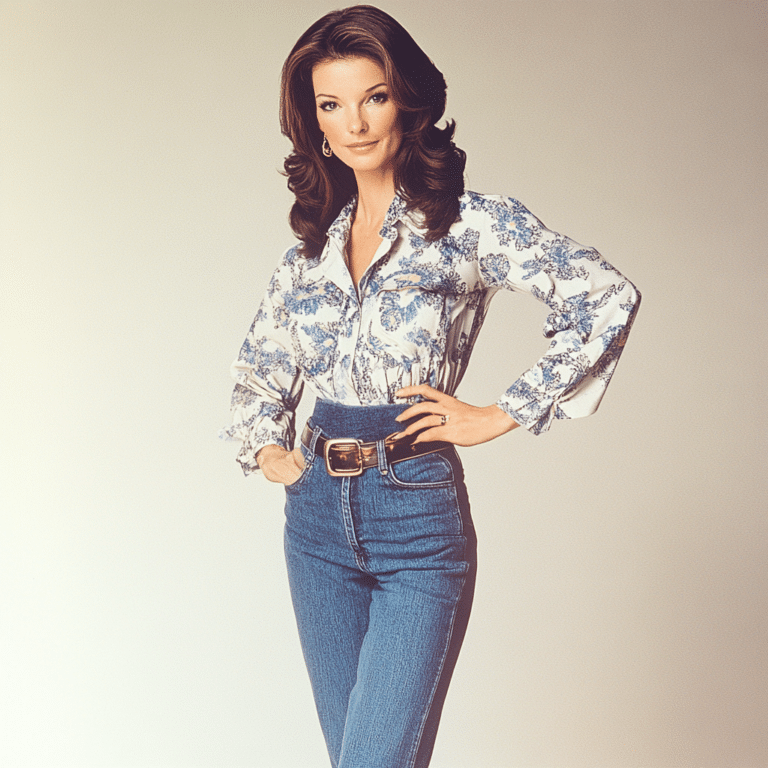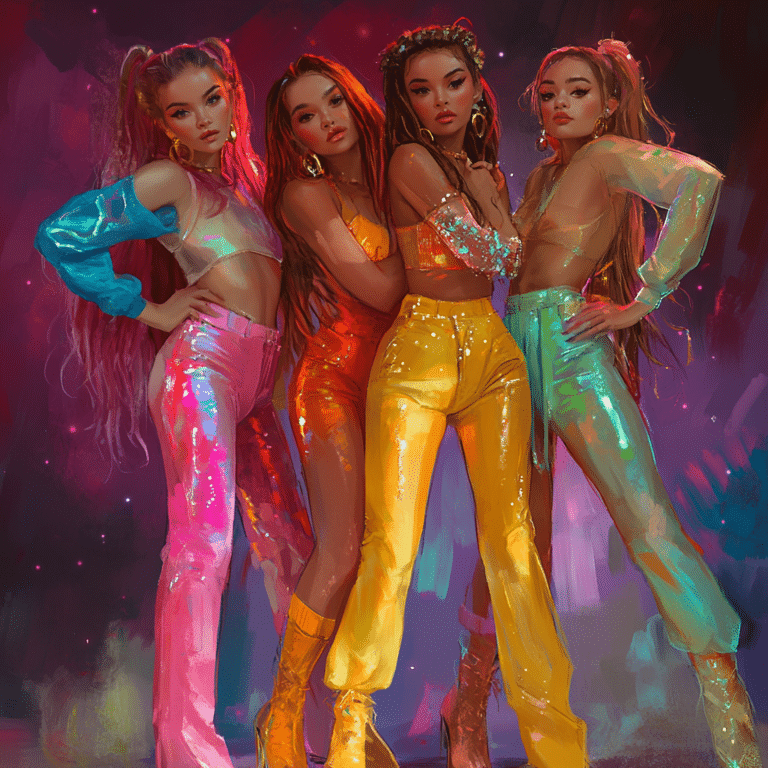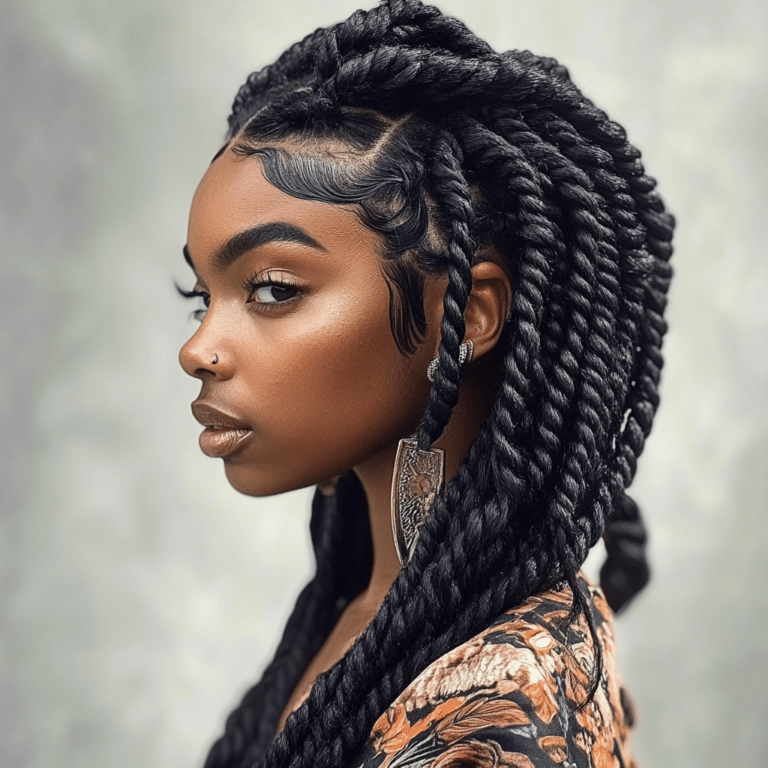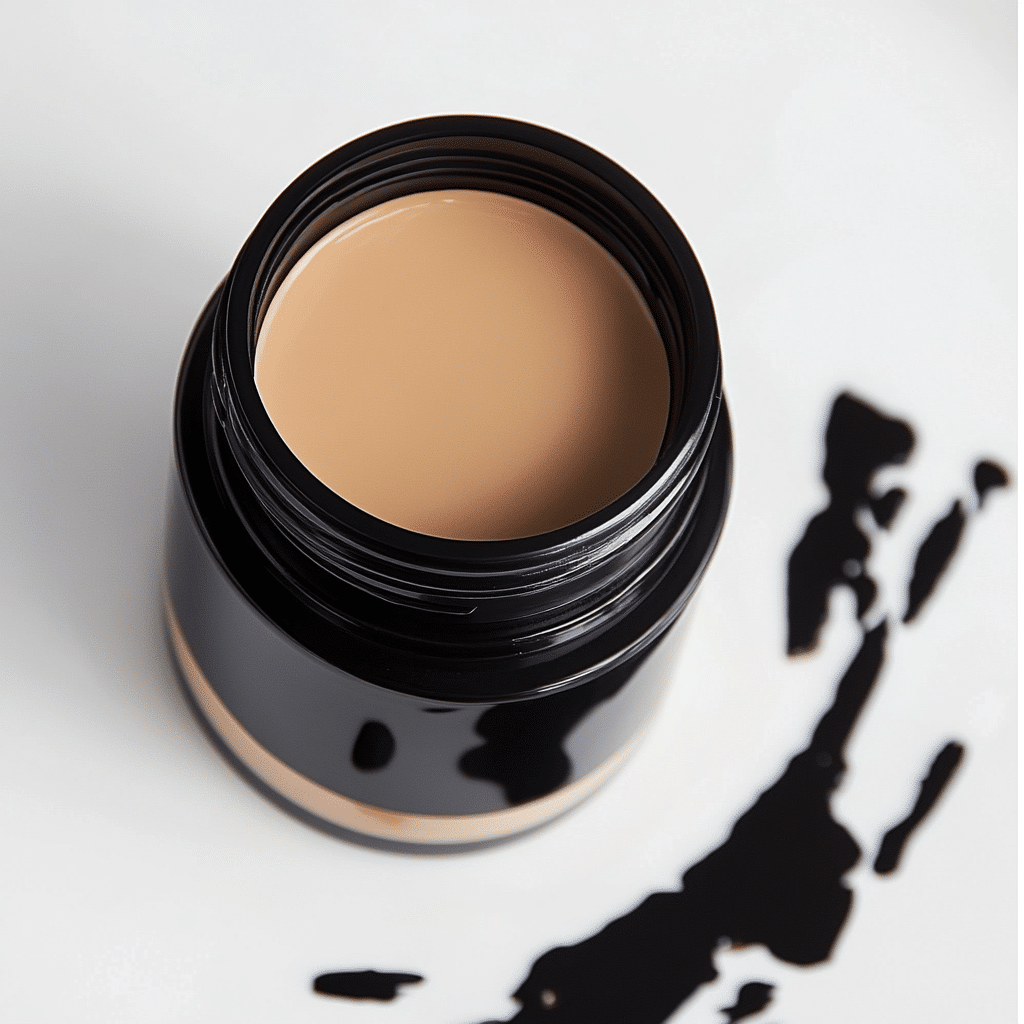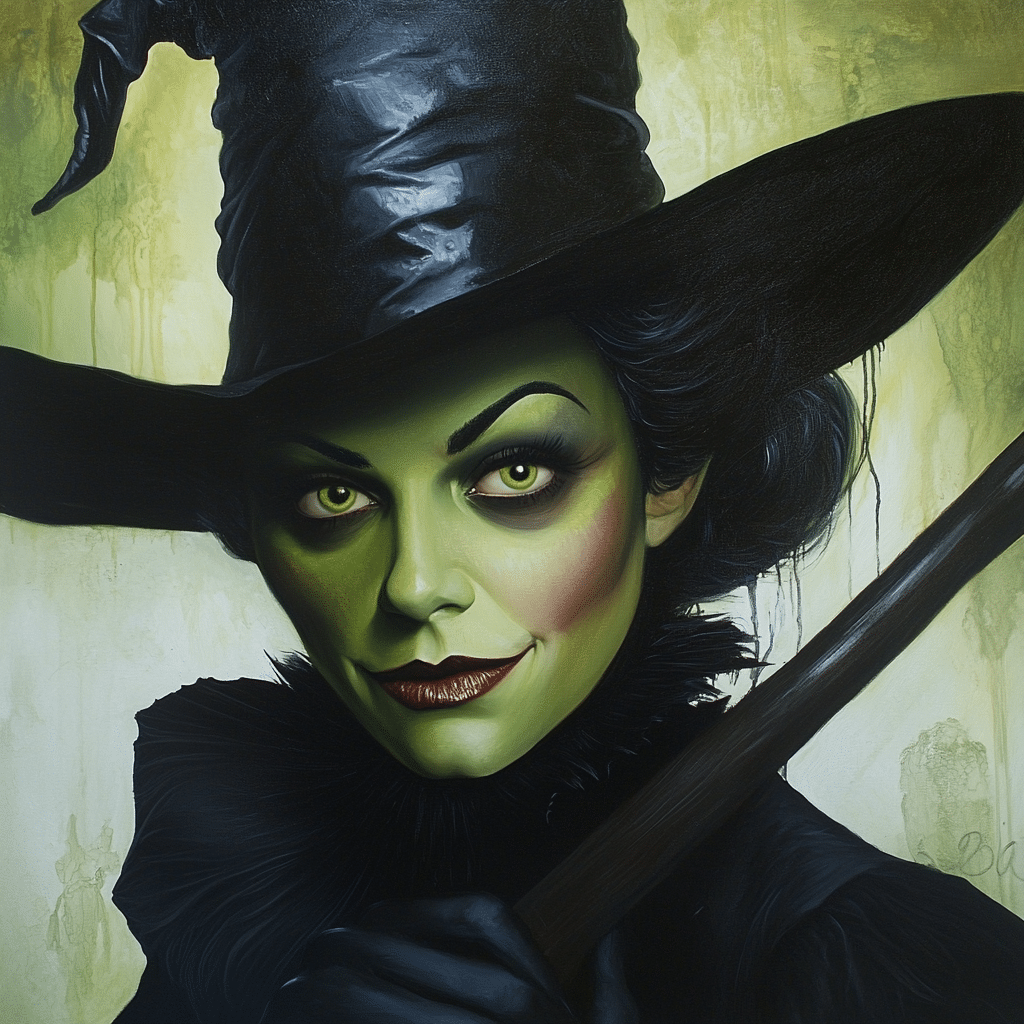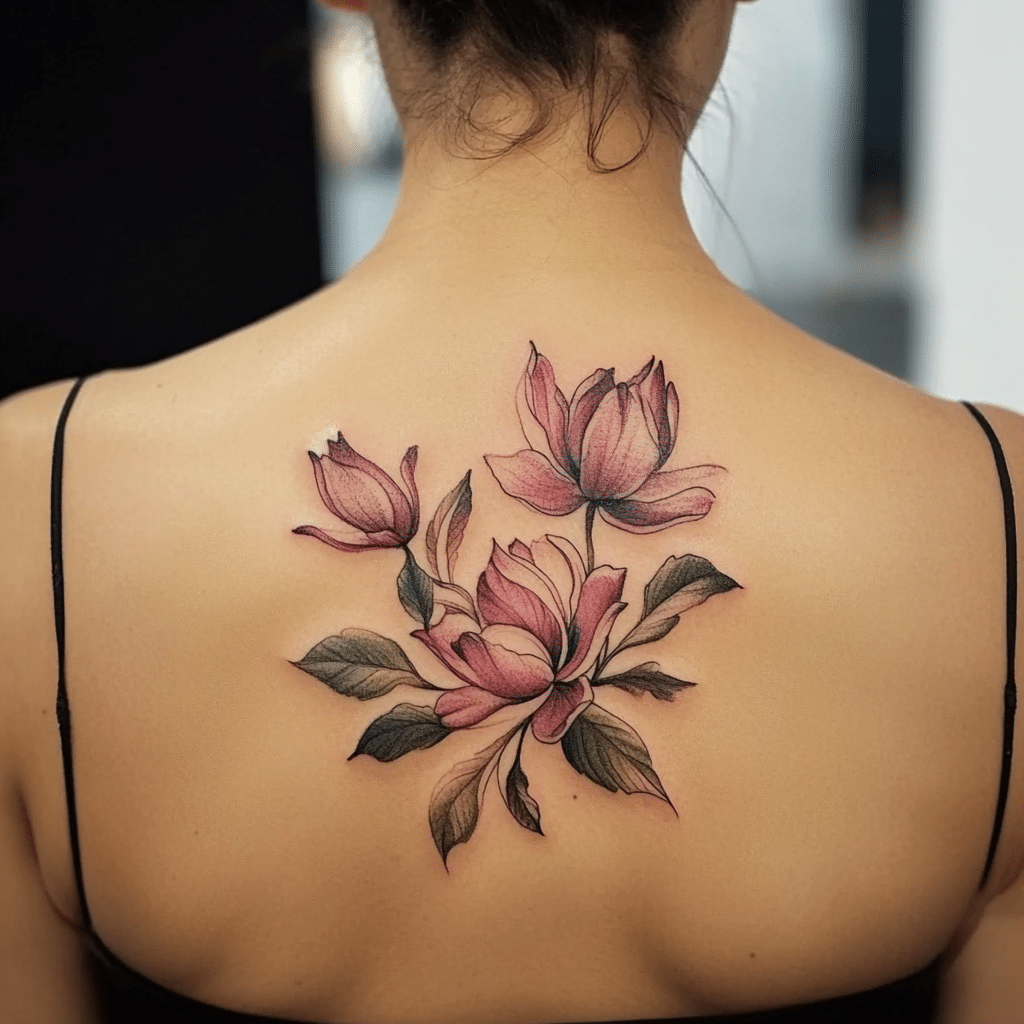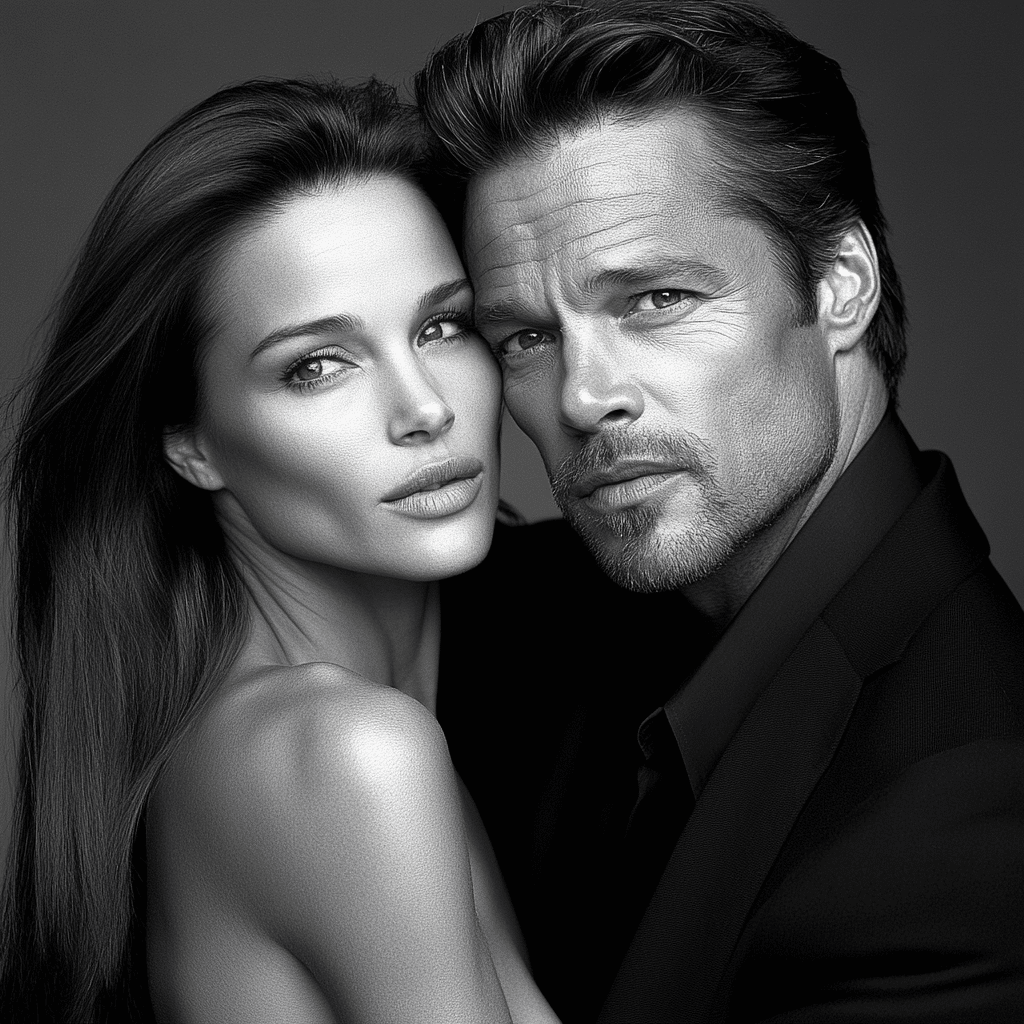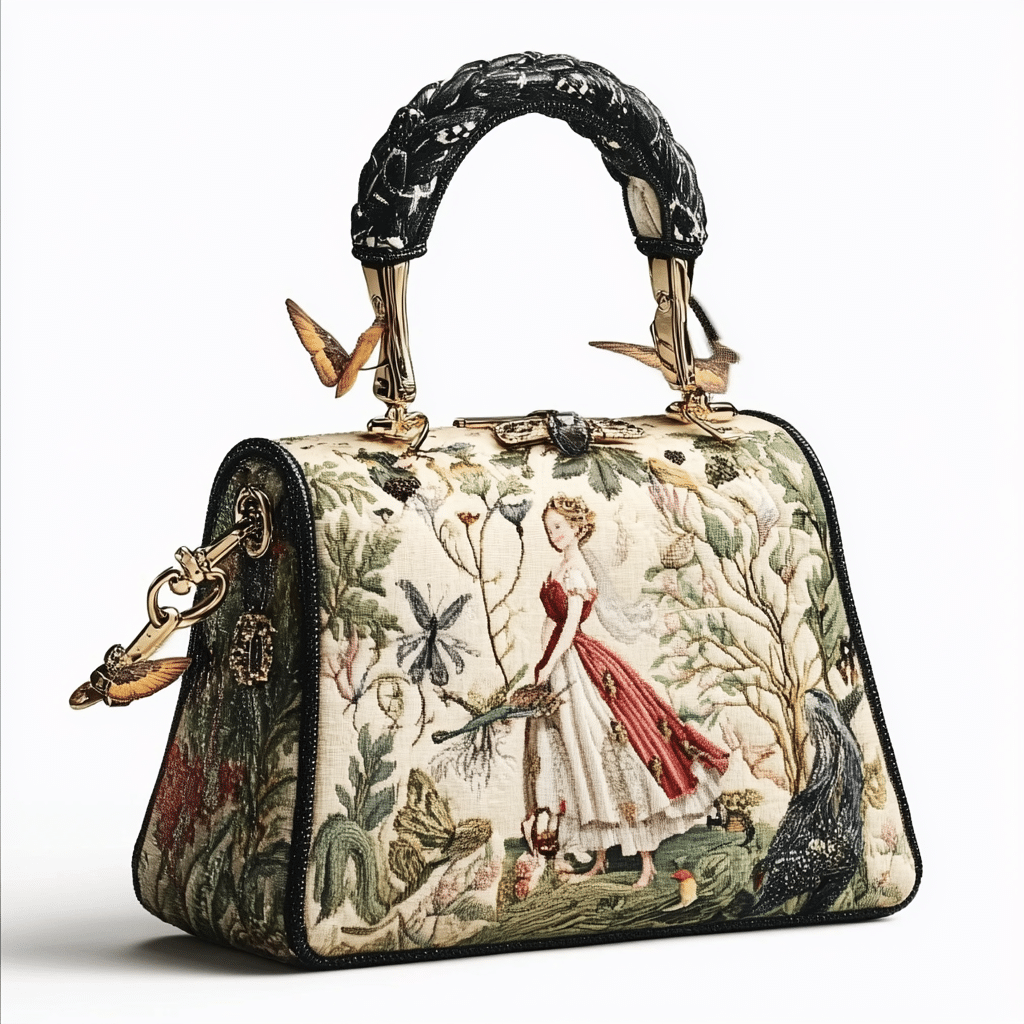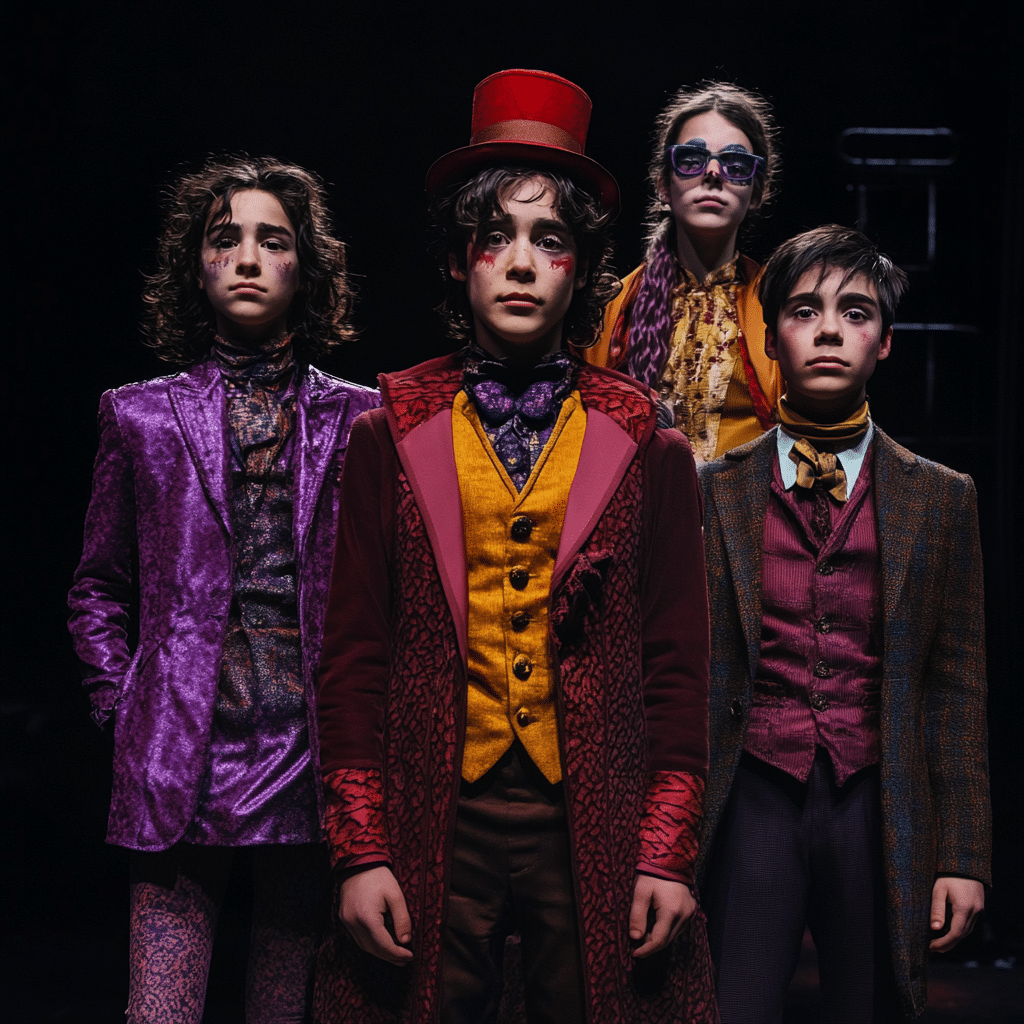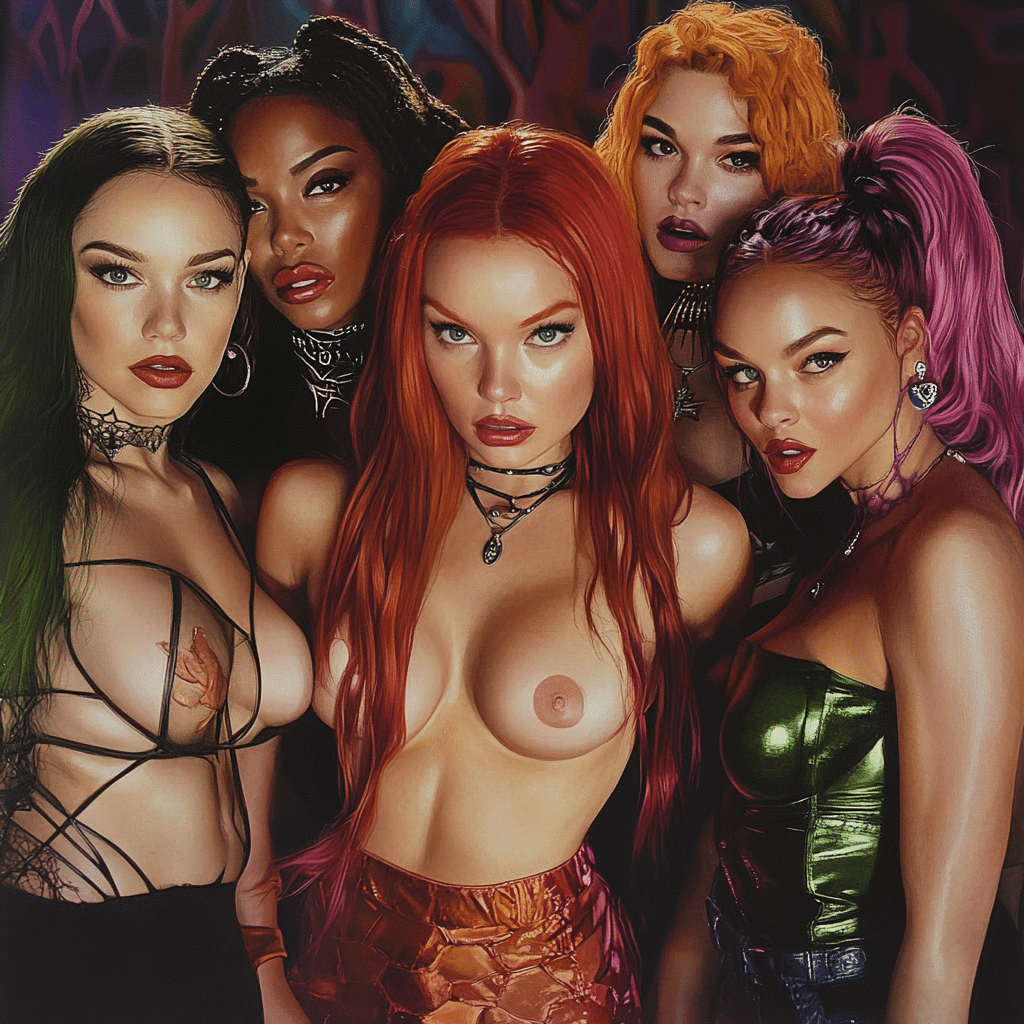Effie Trinket, astutely portrayed by Elizabeth Banks in the film adaptations of Suzanne Collins’ “The Hunger Games,” embodies a perplexing blend of charm and cruelty that has captivated audiences since the series first graced the big screen. From her lavish attire to her exaggerated makeup, Effie’s aesthetic is a spectacle in itself. Yet, she stands as a stark reminder of the contrasts inherent in human nature; whether she’s flitting about gleefully in the Capitol or offering guidance to Katniss and Peeta, her motivations often call into question the very essence of her character. It’s a remarkable portrayal that highlights the dualities we face, particularly in a society where appearances often lie.
The Charismatic Charm of Effie Trinket
Effie Trinket oozes charisma, captivating viewers with her delightfully flamboyant persona. One can’t help but marvel at her ostentatious outfits, reminiscent of the styles seen in classic Goldie Hawn movies. This fashion-forward visionary is not just a backdrop to the story, but rather an emblem of the extravagant Capitol lifestyle—lavished in glitter and glamour, yet starkly juxtaposed against the horrors of the Hunger Games. She arrives bedecked in vibrant colors and outlandish accessories, her presence an effervescent distraction from the grim realities that others face.
What truly sets Effie apart is not merely her stylishness, but her ability to oscillate between frivolity and grave urgency. She may serve as a guide to Katniss and Peeta, encouraging them with platitudes, yet her role as a player in the political landscape of Panem casts a long shadow over her intentions. When she says, “Everyone’s either gonna wanna kiss you, kill you, or be you,” it reflects a sense of innocence about the terrifying events unfolding. This delicate duality of helping while being complicit resonates with audiences and keeps them on their toes.
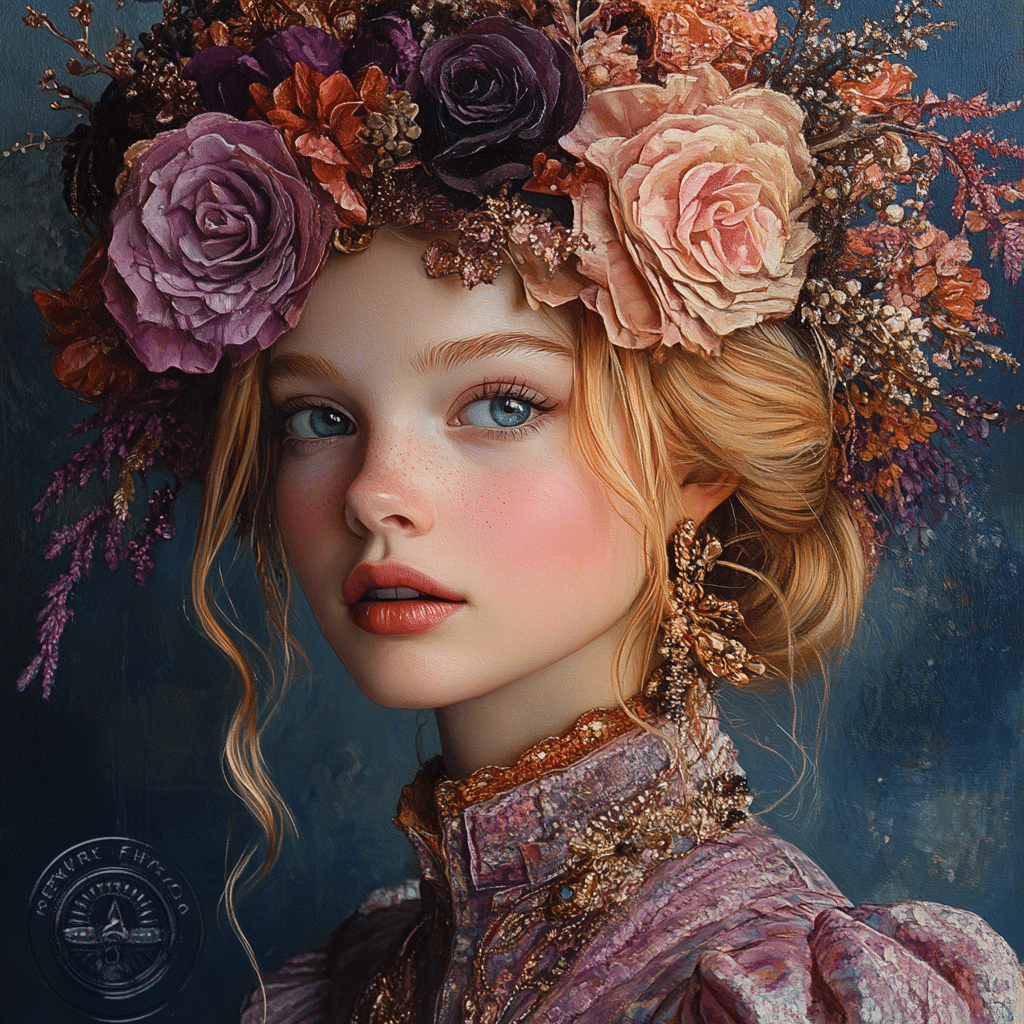
Top 5 Reasons Effie Trinket Stands as an Icon of Duality
1. Fashionable Flair Amidst Desperation
– Effie’s wardrobe dazzles like a thousand suns, yet it serves as a stinging contrast to the dire straits of those in the Districts. Just as Goldie Hawn’s characters often donned flashy ensembles against melancholic backdrops, Effie thrives in opulence while the world crumbles around her.
2. Heartfelt Mentor or Self-Serving Opportunist?
– Effie offers guidance, but her actions speak of self-interest too. While she seems to genuinely care for Katniss and Peeta, keeping her in the Capitol’s good graces is her true aim. Like a quirky character straight out of a Hawn comedy, there’s a charming facade that obscures her ulterior motives.
3. Comedic Relief with a Dark Undertone
– Her quirky quips and exuberance add much-needed levity to tense situations. This comedic layer, however, is often laced with darker implications as she propels the Capitol’s agenda. Just like Hawn’s ability to deliver laughter while exposing serious themes, Effie’s humor provides a balance that hides the murky depths of her reality.
4. A Reflection of Societal Disparity
– Effie’s existence brings societal inequalities into sharp focus. Her participation in the lavish Capitol lifestyle starkly deviates from that experienced by the oppressed Districts. Much like the dynamic in Hawn’s films, where wealth often overshadows moral dilemmas, Effie embodies this economic chasm beautifully.
5. A Vehicle for Transformation
– By series’ end, Effie’s character evolves from a superficial being into a more complex figure wrestling with ethical considerations. Her transformation mirrors the growth often seen in Goldie Hawn’s characters, where innocence collides with personal revelations. This evolution illustrates the idea that even the most glamorous exteriors can be mired in internal struggles.
The Legacy of Effie Trinket in Pop Culture
Effie Trinket’s legacy has transcended the pages of “The Hunger Games” franchise, injecting herself into vital discussions around fashion, femininity, and entertainment ethics. Her character exemplifies the complex roles women play in mainstream narratives, both celebrating and critiquing those portrayals. The evolving female lead, echoing Hawn’s memorable performances, hasn’t just changed how women are represented but also expanded the space they occupy in pop culture.
As we move through 2024, Effie’s duality offers insight into our society’s appreciation for glamour separated from its harsh realities. It urges a reevaluation of what it means to be genuine in a world dominated by curated personas—think of how social media amplifies this phenomenon. Effie becomes a cautionary tale, reminding us of the perilous nature of projecting an image that may obscure painful truths.

Effie Trinket: A Mirror to Today’s Society
Effie Trinket is emblematic of the struggle toward authenticity in an age teeming with pretense. Her character authenticates the idea that glitzy appearances can often veil harsh realities, highlighting a modern dilemma where personas proliferate online. With platforms offering curated lives where followers sit comfortably in their cocoons, Effie serves to question if authenticity can exist amidst such façades.
Moreover, her flamboyant fashion choices can be seen as a microcosm of consumerism. In her vibrant outfits, Effie tempts us into considering our own identities—are we truly ourselves in the wardrobes we choose? Or are we merely playing roles based on societal pressures? Just as the Capitol’s veneer of opulence juxtaposes the grim reality of its Districts, so too does our own style sometimes conceal our genuine selves.
Embracing Complexity in Characters Like Effie Trinket
Delving into characters like Effie Trinket reveals layers that make storytelling richer and more nuanced. This blend of admiration and disdain reflects our innate intrigue with complexity. Effie remains a multifaceted icon, showcasing that duality is not just a narrative device but also a fundamental truth of our human experience.
As we grapple with our own identities in tandem with societal expectations, Effie Trinket stands as a reminder of the intricacies we often navigate. She encourages self-reflection and motivates an exploration of where we draw the lines between authenticity and performance. What a magnificent dance it is!
In an ever-changing landscape where conception and perception diverge, Effie Trinket serves as an inspiring, yet cautionary, figure. So, let’s raise a glass to Effie, the beloved yet cruel icon, and revel in the complexities that life—and fashion—offer us!
Effie Trinket: The Duality of a Beloved yet Cruel Icon
The Glamorous Guile of Effie Trinket
Effie Trinket, the vibrant symbol of the Capitol’s excess, straddles the line between charm and cruelty with ease. Her trademark pink hair and colorful outfits bask in the spotlight, embodying an extravagant lifestyle that captivates fans. Interestingly, her character cleverly represents the paradox of wealth and suffering in “The Hunger Games.” While she’s often seen as a bubbly figure, her role as a game maker participant complicates that image. After all, what can be more intriguing than a character who delights in glamour yet represents a system mired in violence? The balance of this duality can be as perplexing as the rising trends in Memes 2025 that showcase societal critiques through humor; both Effie’s world and modern memes reflect deeper truths wrapped in a shiny facade.
The Strategies Behind Effie’s Style
What some might not know is that Effie Trinket’s elaborate fashion choices mirror her strategic nature. Her ensembles become an armor as she navigates the gruesome reality of the Hunger Games, much like how high-stakes discussions around mortgage rates by year can have significant impacts on people’s lives. This juxtaposition of style and seriousness emphasizes that her character isn’t just about aesthetics—there’s a calculated edge to her appearance. In the same vein, the dynamics of personal and societal pressures often play out in real-life relationships, similar to the real-life couple Sam And Nia, whose highs and lows resonate deeply with audiences. Effie’s character serves as a reminder that even in glamorous spheres, treachery often lurks beneath the surface, making her a complex icon that demands attention.
Effie as a Cultural Touchstone
Further adding to Effie’s layers is how she embodies the broader cultural commentary present in the narrative. Her dismissive comments punctuate serious moments, drawing attention to the absurdities of her society’s hunger for entertaining spectacle over human life. This duality resonates with everyday life and inspires hashtags, often leading to discussions about favoritism in taste and lifestyle, like those surrounding Arizona central credit union loans—reflecting people’s aspirations and harsh realities. Effie’s character taps into our desire for connection, while simultaneously mocking the very notion of that connection. Even the some-training tongues compressed with pressure, such as those at Teds training, can find parallels in her demeanor. Despite being beloved, her sharp remarks remind us that loyalty can be conditional, much like the unpredictability of loyalty in formidable economic times.
Effie Trinket remains an undeniable icon, expertly blending charm with a touch of cruelty. Her narrative forces viewers to confront uncomfortable truths, making them ponder what lies behind a smile, whether in a dystopian universe or our own world.

Is Effie Trinket good or bad?
Effie Trinket is a complex character who shows both good and bad traits, as she’s a loyal advisor to Katniss and Peeta, but her happy demeanor masks her role in the cruel Capitol system.
Was Effie Trinket killed?
Effie wasn’t killed; she survived thanks to Plutarch’s intervention, although it’s suggested she faced some torture during the conflicts.
What is Effie Trinket’s famous line?
One of Effie’s most famous lines is, “Everyone’s either gonna wanna kiss you, kill you, or be you,” which captures her quirky and dramatic personality.
Do Haymitch and Effie end up together?
Yes, Haymitch and Effie ultimately get married, surprising many fans with their unlikely romantic turn.
Why wasn t Effie killed?
Effie wasn’t killed because Plutarch saved her from execution after the rebellion, though details about her loyalty are murky.
Who was the real villain in The Hunger Games?
The real villain in The Hunger Games is often seen as Coriolanus Snow, who represents the oppressive regime of the Capitol.
Who did Coriolanus Snow marry?
Coriolanus Snow never married; he had significant relationships but remained officially single throughout his rule.
Does Haymitch get killed?
No, Haymitch doesn’t get killed; he survives through the story, continuing to support Katniss and the new regime.
How many times was Prim’s name in The Reaping?
Prim’s name was entered for the Reaping a total of 20 times, which adds to the tragedy of her fate in the series.
Did Effie and Haymitch kiss in the books?
In the books, there’s no direct kiss between Effie and Haymitch, though their bond becomes quite close and affectionate.
Why is Effie not in Mockingjay?
Effie’s absence in Mockingjay likely reflects the upheaval during the war and the focus shifts from the Capitol’s role in the rebellion.
What happened to Katniss’ father?
Katniss’ father died in a mining accident, which had a profound impact on her and her family’s life in District 12.
Who is Haymitch in love with?
Haymitch is in love with a character from his past, but he struggles with those feelings due to his trauma and losses.
Does Haymitch get reaped?
No, Haymitch doesn’t get reaped; he’s an adult and not subject to the Hunger Games once they start.
Why did Haymitch lose his family?
Haymitch lost his family in a tragic incident during the war against the Capitol, leaving him emotionally scarred and struggling with his past.




